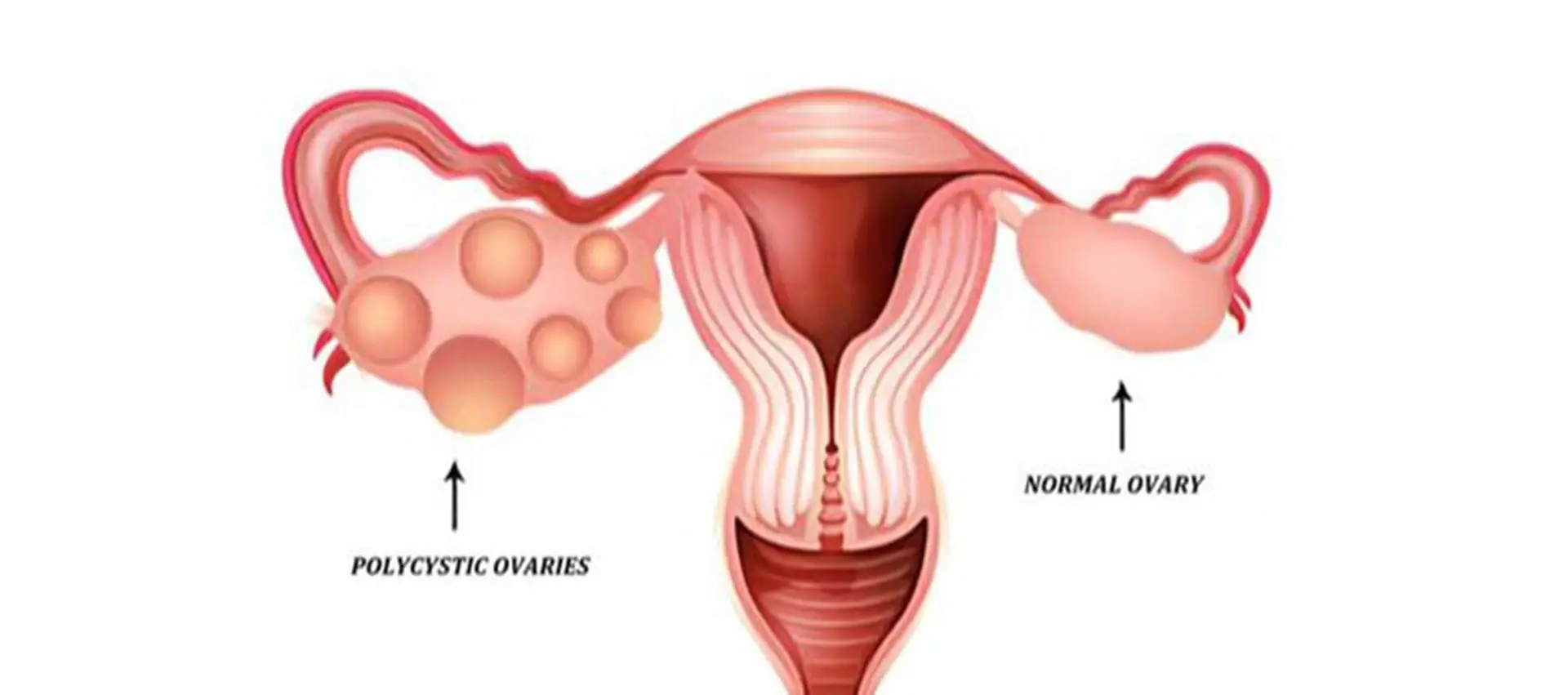There are no certain causes of PCOS, however the contributing factors include:
- Excess androgen: Overproduction of androgen by ovaries causes may lead to hirsutism and acne.
- Excess production of insulin: Increased androgen production causes difficulty with ovulation.
- Heredity: Certain genetic correlation may exist with PCOS in women.
- Presence of low-grade inflammation: Women with PCOS experience a low-grade inflammation that may stimulate polycystic ovaries to produce androgens.


